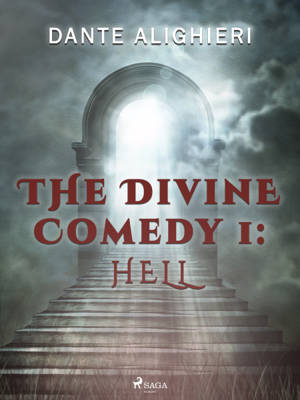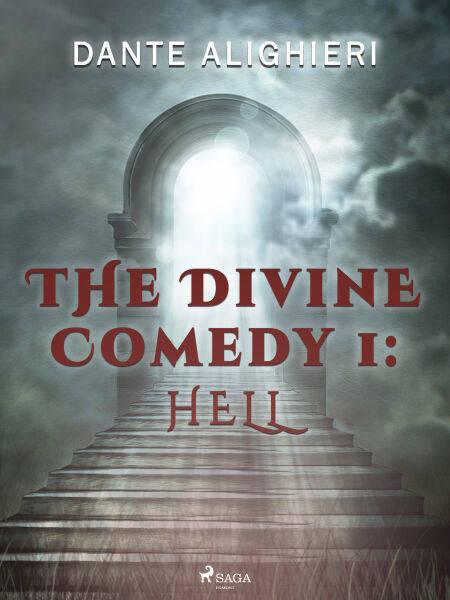
- Afhalen na 1 uur in een winkel met voorraad
- Gratis thuislevering in België vanaf € 30
- Ruim aanbod met 7 miljoen producten
- Afhalen na 1 uur in een winkel met voorraad
- Gratis thuislevering in België vanaf € 30
- Ruim aanbod met 7 miljoen producten
Zoeken
Omschrijving
"Inferno" tells the story "of those who have rejected spiritual values", of those who are lost and are unable to find the right way to salvation. It describes each sin and the corresponding punishment. It differentiates between Purgatory and Hell by presenting people begging for forgiveness and others willing to justify their sins. "Inferno" represents the Christian soul who gets to see what it really is to commit a sin and what is to be expected in the afterlife.
"Inferno" is the first part of Dante Alighieri’s medieval poem "The Divine Comedy" which was written in the period 1308-1320. It depicts the nine circles of Hell and Dante’s journey through them.
"Inferno" is the first part of Dante Alighieri’s medieval poem "The Divine Comedy" which was written in the period 1308-1320. It depicts the nine circles of Hell and Dante’s journey through them.
Specificaties
Betrokkenen
- Auteur(s):
- Vertaler(s):
- Uitgeverij:
Inhoud
- Aantal bladzijden:
- 65
- Taal:
- Engels
Eigenschappen
- Productcode (EAN):
- 9788726595659
- Verschijningsdatum:
- 2/09/2020
- Uitvoering:
- E-book
- Beveiligd met:
- Digital watermarking
- Formaat:
- ePub

Alleen bij Standaard Boekhandel
+ 5 punten op je klantenkaart van Standaard Boekhandel
Beoordelingen
We publiceren alleen reviews die voldoen aan de voorwaarden voor reviews. Bekijk onze voorwaarden voor reviews.







